TEHRAN(Bazaar) – Tariq Raouf, former Director General of the Atomic Energy Agency says French President Emmanuel Macron, as usual, influenced by Israel and the US is taking a hard line. He seems to have forgotten the insult, ignominy and injury inflicted upon France by AUKUS.
Following is the text of the Bazaar interview with Tariq Raouf:
Bazaar: The seventh round of Vienna talks started and the negotiating parties returned to their capitals to consult on the two documents delivered by Iran. What is your assessment of this round of negotiations?
Rauf: Early reports suggest that deadlock continues with the US not compromising on its position on sanctions relief and revised position of Iran under the new government. As usual, the EU/E3 are caught in the middle but with a bias towards the US view. China and Russia, angered by the AUKUS agreement, stress that since it was the US that first broke the JCPOA it is up to the US to make the first moves (on sanctions relief).
Bazaar: According to some news, two Iranian documents are about 70% contrary to the previous agreements in the 6 rounds of negotiations held in Vienna. Iran has called for more sanctions to be lifted and a reduction in its nuclear commitments. What do you think will be the reaction of the other side?
Rauf: Reports note that Iran has revised its position over that of the Rouhani administration and now Iran wants to continue to use advanced centrifuges and to have a higher stock of enriched uranium. In my view, given that the US is the scofflaw as regards JCPOA and has inflicted serious economic damages on Iran that was in compliance with the JCPOA until summer of 2019; the JCPOA could easily be adjusted such that under the 5060 operational centrifuge limit at Natanz, Iran should be free to mix centrifuges of designs more advanced than the IR-1 but remain to the 5060 operating centrifuges; and a similar arrangement could be for Fordow to have 1044 centrifuges in R&D (non-production mode) but mix of centrifuges determined by Iran. As for the 300 kg limit of 3.67% LEU this could be continued; and limited production of 19.97% LEU allowed for TRR fuel including fuel fabrication for TRR, under Iran's NPT/IAEA safeguards agreement. Provisional application of the AP should be resumed by Iran and all outstanding safeguards matters with the IAEA should be resolved according to a specified plan of action with timeline; and Agency inspectors access must be facilitated and any/all undue security restrictions lifted.
On the US side, any technical move by Iran must be only after the US has implemented agreed sanctions relief measures AND resulting trade/investment is flowing uninterrupted to Iran. Otherwise, like with the original JCPOA after July 2015, sanctions relief is a hollow measure and hardly any trade/investment flowed to Iran. If all sides are serious about the JCPOA then what is needed is "actions-for-actions" not empty promises.
If as President Macron of France has stated during his visit to Saudi Arabia, that Gulf countries' and Israel's interests and views must be considered in the JCPOA talks. Then it is logical that Israel's nuclear weapons and US supply of advanced military equipment to States in the Middle East also should be factored in the broader discussions on the JCPOA and its future. And all States of the region of the Middle East plus Russia, UK and US should convene an intersessional meeting of the UN Conference on establishing a zone free of nuclear and other weapons of mass destruction and means of delivery to discuss regional security. Anything less would be adopting a "brain dead" attitude.
Bazaar: While French President Emmanuel Macron called this round of talks a failure, whereas Enrique MORA. Deputy Secretary-General European Union described this round of talks as realistic and said that the talks might end next week. What are the reasons for this fundamental discrepancy in positions?
Rauf: Macron, as usual, influenced by Israel and the US is taking a hard line. He seems to have forgotten the insult, ignominy and injury inflicted upon France by AUKUS. The JCPOA being the EU's only major foreign policy success is trying hard to rescue it.
Bazaar: Given the atmosphere in the Vienna talks, will there be a general agreement or a limited, step-by-step agreement or basically no agreement at all?
Rauf: After the initial posturing in the resumed Vienna talks, there might be some chance of closing differences. But the power dynamics have changed since June/July. The US/NATO surrendered and withdrew from Afghanistan to Iran's advantage and Biden has been weakened domestically though the anti-Iran sentiment in US Congress remains undiminished. Tensions between the US/NATO and China/Russia are increasing, AUKUS is a new element as is Ukraine, NordStream2, etc. Chancellor Merkel has been succeeded by a rightist coalition even if Greens are part of it, etc. All these will play into the Vienna talks.

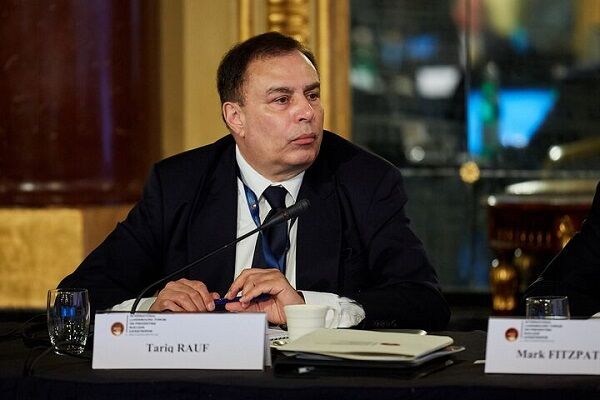



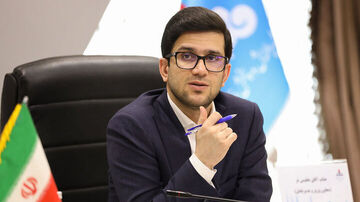
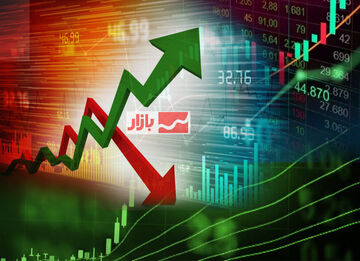
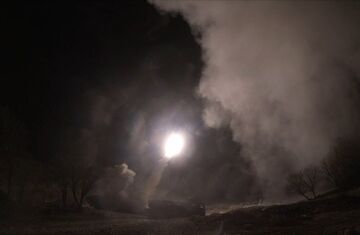
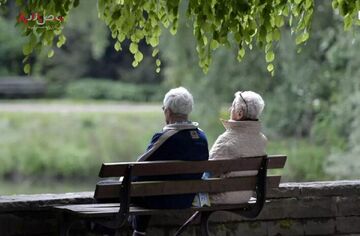

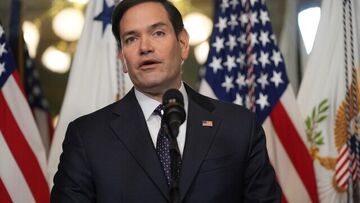

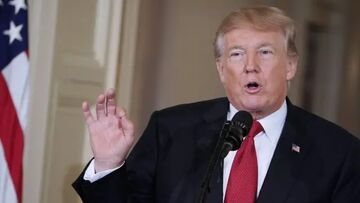

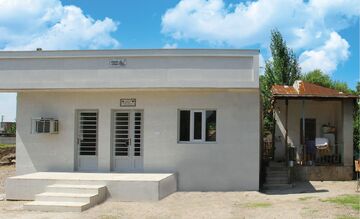
نظر شما